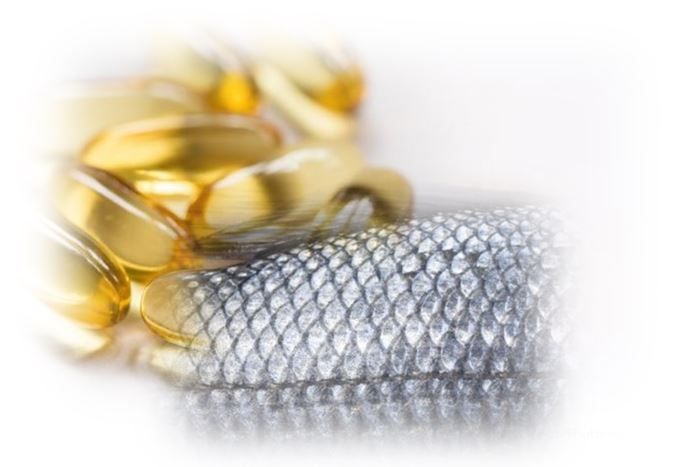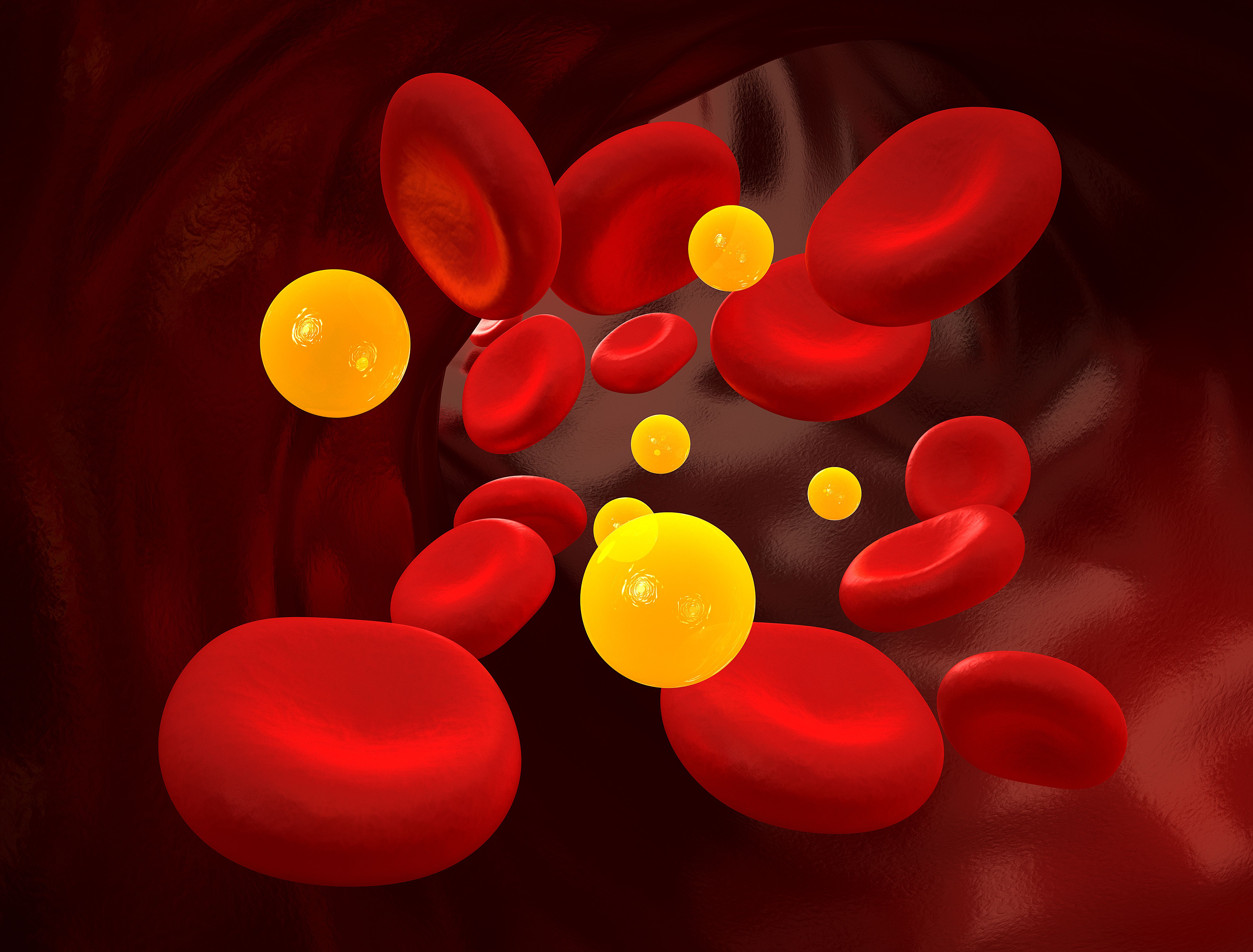Article
ASCEND Study: Could Results be Swan Song for Fish Oil?
Author(s):
Fish oil or fish for CV protection? It's a well studied yet unresolved question. Highlights, here, of the ASCEND study and all those that came before.
©TiagoMNunes, Studio concept/Shutterstock.com

Results from the ASCEND study,1 reported at the European Society of Cardiology 2018 Congress, placed fish oil supplements in the hotseat. The findings raised the question of whether omega-3 fatty acids (omega-3s) still have a role in cardiovascular disease (CVD) risk reduction, and whether professional guidelines should be updated.
ASCEND, in brief
Briefly, the ASCEND study was a randomized controlled trial (RCT) of 15 480 adults in the UK with diabetes and no known CVD.1 Most were on statins, and had good glucose control with blood pressure at target. The study had 2 aims: to look at aspirin as well as omega-3 supplementation in primary CVD prevention. Regarding the latter research question, participants were randomized to 1g capsule of fish oil daily or matching placebo, which was olive oil. The study had a mean follow-up of 7.4 years.
Results showed no difference in rates of serious vascular events (nonfatal myocardial infarction, stroke, transient ischemic attack, or death from vascular cause, excluding intracranial hemorrhage) between the fish oil group (8.9%) and placebo (9.2%) (RR 0.97; 95% CI; P=0.55).1 There was also no difference observed between the 2 groups in a composite of serious vascular events or revascularization (11.4% for fish oil supplement vs 11.5% for olive oil; RR 1.00; 95% CI, 0.91 to 1.09).1
One potential problem with these results is that the study compared fish oil to olive oil, the latter of which has also been linked to decreased CVD risk and cardiovascular (CV) events/mortality.2,3 So, it may have been tough to find a difference between the two.
Next: Confirmation from others
Additional confirmation
But the ASCEND results do confirm findings of other studies. A 2018 meta-analysis of 10 RCTs covering >70 000 patients found that omega-3 supplements were not significantly associated with decreased risk for CV events.4 An earlier meta-analysis of 14 RCTs including >20 000 individuals reached a similar conclusion.5 And a 2018 Cochrane Review of 79 RCTs covering over 100 000 participants, the most extensive review on the subject so far, found moderate and high quality evidence that eicosapentaenoic acid (EPA) and docosahexaenoic acid (DHA) have little or no effect on mortality or CV health. However, the evidence came mainly from trials of fish oil supplements.6
One challenge in interpreting these studies is figuring out whether the non-effect is the result specifially of omega-3s, or whether it’s the vehicle of delivery that’s to blame. Fish oil is an isolated source of omega-3s, while fish is a complex food source. Fish is rich not only in anti-inflammatory EPAs and DHAs, but also in other beneficial nutrients including vitamins A, D, B3, B6, B12, and minerals like calcium, phosphorus, selenium, boron, magnesium, potassium, and iodine. All of these may benefit overall health.
Yet despite this knowledge, the bulk of recent research has focused on finding that “magic pill” so elusive to medicine: fish oil in capsule form.
Next: The fish vs the fish's oil
The fish vs the fish's oil
Few studies have directly compared fish consumption to fish oil. One such study, though, randomized participants to salmon consumption or fish oil for 6 weeks, and found that omega-3s were better incorporated into plasma lipids when they came from eating fish rather than from taking fish oil supplements.7 That may translate into higher levels of omega-3s in the blood, but whether it improves CV risk is unknown.
Other studies that have looked at fish consumption do suggest benefits, going back to the landmark randomized controlled DART (Diet and Reinfarction Trial). That study looked at secondary prevention of CV events and randomized 2033 men to decreased fat intake, increased fatty fish intake, or increased fiber intake. Results showed that participants randomized to increased fatty fish intake had 29% decreased all-cause mortality at 2 years.8
One meta-analysis of 11 prospective and 8 case control studies covering a total of 408 305 participants found that people who ate the highest amounts of fish (≥4 times per week) had a 21% decreased risk of primary acute coronary syndrome (ACS). Each additional 100g serving of fish per week was linked to 5% decreased risk of ACS.9
With evidence mounting against fish oil supplements, it may be tempting to throw the baby out with the seawater and assume that omega-3s, in whatever form, have no benefit. But perhaps we should be more cautious. Without well-designed, long-term RCTs comparing fish to fish oil supplements, it may be prudent to contemplate Hippocrates’ advice: “Let food be thy medicine, and medicine be thy food.”
Take Home Points
• The ASCEND trial found no difference in serious vascular events over about 7 years between fish oil supplements and an olive oil placebo in participants with DM and no prior history of CVD.
• ASCEND findings and accumulating evidence from other RCTs raise the question whether fish oil supplements still have a role in CV risk reduction.
• Studies also suggest fish consumption is associated with CV risk reduction, but few studies have evaluated fish consumption vs fish oil supplements.
References:
1. ASCEND Study Collaborative Group. Effects of n-3 fatty acid supplements in diabetes mellitus. N Engl J Med. 2018 Aug 26.
2. Guasch-Ferré M, Hu FB, MartÃnez-González MA, et al. Olive oil intake and risk of cardiovascular disease and mortality in the PREDIMED Study. BMC Med. 2014 May 13;12:78. doi: 10.1186/1741-7015-12-78.
3. Nocella C, Cammisotto V, Fianchini L, et al. Extra virgin olive oil and cardiovascular diseases: benefits for human health. Endocr Metab Immune Disord Drug Targets. 2018;18:4-13.
4. Aung T, Halsey J, Kromhout D, et al. Associations of omega-3 fatty acide supplement use with cardiovascular disease risks: meta-analysis of 10 trials involving 77â¯917 individuals. JAMA Cardiol. 2018;3:225–233.
5. Kwak SM, Myung SK, Lee YJ, et al. Efficacy of omega-3 fatty acid supplements (eicosapentaenoic acid and docosahexaenoic acid) in the secondary prevention of cardiovascular disease: a meta-analysis of randomized, double-blind, placebo-controlled trials. Arch Intern Med. 2012; 14;172:686-94.
6. Abdelhamid AS, Brown TJ, Brainard JS, et al. Omega-3 fatty acids for the primary and secondary prevention of cardiovascular disease. Cochrane Database Syst Rev. 2018;7:CD003177.
7. Visioli F, Risé P, Barassi MC, et al. Dietary intake of fish vs. formulations leads to higher plasma concentrations of n-3 fatty acids. Lipids. 2003;38:415-8.
8. Burr ML, Fehily AM, Gilbert JF, et al. Effects of changes in fat, fish, and fibre intakes on death and myocardial reinfarction: diet and reinfarction trial (DART). Lancet. 198930;2:757-61.
9. eung Yinko SS, Stark KD, Thanassoulis G, et al. Fish consumption and acute coronary syndrome: a meta-analysis. Am J Med. 2014;127:848-57.e2. doi:





